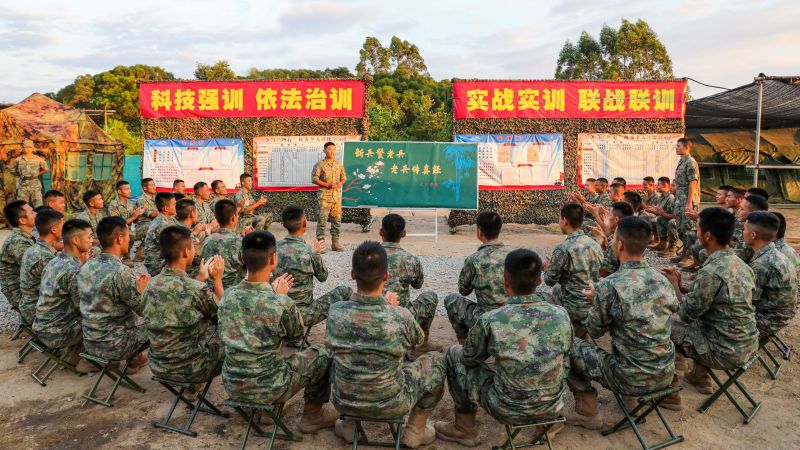- Thread Starter Thread Starter
- #761
@Vivendi Don't blind yourself by being stuck in a euro-western mindset, assessing and analysing the Chinese or any other non European culture through a western lens using a western European values system. By doing so you limit your analysis and end up with a flawed results. The Chinese definitely do not see the world the way the west does. They have a completely different cultural interpretation of it and their culture goes back 2,500 years give or take. How long does the European or western culture go back, 1,000 years? 500 years? Western science and technology per se were at least 1,000 years behind the Chinese in some aspects and hundreds of years in others. The Mongols, although not Chinese but sitting on the Chinese imperial throne, reached the gates of Vienna and their empire was a land empire that stretched from China to the Danube. No other power has created such an empire before or since, not even the USSR. It was only in the 18th Century that the west really started to forge ahead of China and the 19th Century when it cowed and forced a weakened Chinese imperial dynasty into concessions.
First things first. Although the CCP have tried very hard to eliminate Confucian thought, belief systems, morality and ideals from Chinese society, replacing it with CCP thought, dogma, belief systems, morality and ideals, it hasn't succeeded because the Confucianism is almost part of the Chinese DNA. It is passed from generation to generation regardless of what the CCP dictates and that is a real bugbear for the CCP because it does not tolerate alternate belief systems to its own. It brooks no opposition at all and that's one large reason why the CCP regards the assimilation of Taiwan as an imperative. It cannot allow a living breathing successful example of a Chinese political, social and economic system and society that is different to the image of the idealised political, social and economic system and society that they propagandise to the citizens of the PRC. Taiwan has the same Confucian thought, belief systems, morality and ideals that permeate the PRC and are found in all Chinese ethnic populations throughout the world, especially the ones who are free of the CCP taint. It is that Confucian thought, belief systems, morality and ideals that is why the Chinese people view the world differently way to those of the west, or Russia, the Middle East, or Polynesian peoples (of which I belong). However with the PRC you also have the CCP and its political dynamic which adds to the mixture, and with the CCP everything is political. So they are not only looking at the world through a Chinese Confucian lens, but also a CCP political lens. And that's what we must attempt to do when trying to analyse PRC intentions especially WRT Taiwan. Failure to do so will just end up giving you rubbish. It's the old saw; rubbish in = rubbish out.
First things first. Although the CCP have tried very hard to eliminate Confucian thought, belief systems, morality and ideals from Chinese society, replacing it with CCP thought, dogma, belief systems, morality and ideals, it hasn't succeeded because the Confucianism is almost part of the Chinese DNA. It is passed from generation to generation regardless of what the CCP dictates and that is a real bugbear for the CCP because it does not tolerate alternate belief systems to its own. It brooks no opposition at all and that's one large reason why the CCP regards the assimilation of Taiwan as an imperative. It cannot allow a living breathing successful example of a Chinese political, social and economic system and society that is different to the image of the idealised political, social and economic system and society that they propagandise to the citizens of the PRC. Taiwan has the same Confucian thought, belief systems, morality and ideals that permeate the PRC and are found in all Chinese ethnic populations throughout the world, especially the ones who are free of the CCP taint. It is that Confucian thought, belief systems, morality and ideals that is why the Chinese people view the world differently way to those of the west, or Russia, the Middle East, or Polynesian peoples (of which I belong). However with the PRC you also have the CCP and its political dynamic which adds to the mixture, and with the CCP everything is political. So they are not only looking at the world through a Chinese Confucian lens, but also a CCP political lens. And that's what we must attempt to do when trying to analyse PRC intentions especially WRT Taiwan. Failure to do so will just end up giving you rubbish. It's the old saw; rubbish in = rubbish out.






